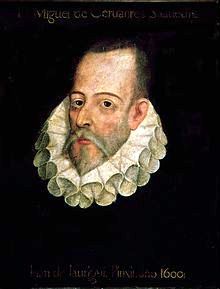![Don Quixote [Complete & Illustrated]](https://www.cheapestboooks.com/wp-content/uploads/2014/07/Don-Quixote-eCover-283x400.jpg)
Don Quixote [Complete & Illustrated]
This Book is Illustrated & Complete version of the "Don Quixote" by Cervantes.
About This Translation:
"It was with considerable reluctance that I abandoned in favour of the present undertaking what had long been a favourite project: that of a new edition of Shelton's "Don Quixote," which has now become a somewhat scarce book. There are some—and I confess myself to be one—for whom Shelton's racy old version, with all its defects, has a charm that no modern translation, however skilful or correct, could possess. Shelton had the inestimable advantage of belonging to the same generation as Cervantes; "Don Quixote" had to him a vitality that only a contemporary could feel; it cost him no dramatic effort to see things as Cervantes saw them; there is no anachronism in his language; he put the Spanish of Cervantes into the English of Shakespeare. Shakespeare himself most likely knew the book; he may have carried it home with him in his saddle-bags to Stratford on one of his last journeys, and under the mulberry tree at New Place joined hands with a kindred genius in its pages.
































